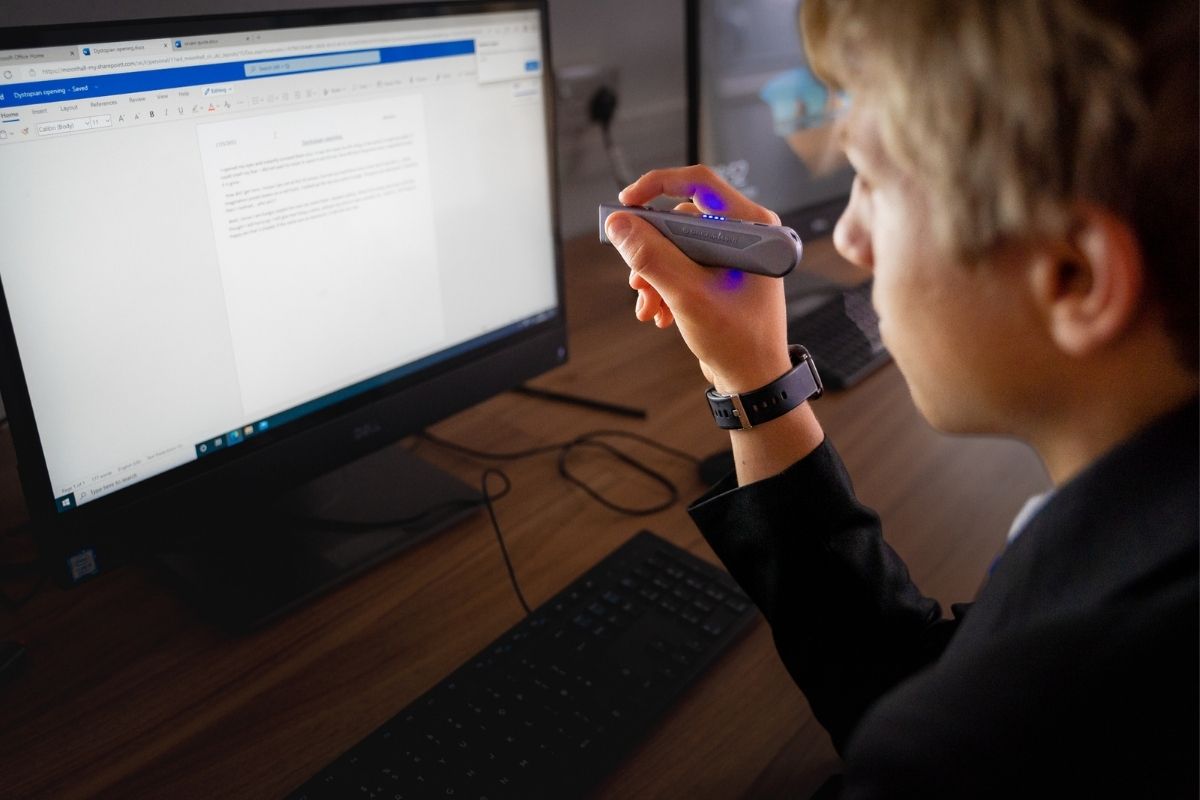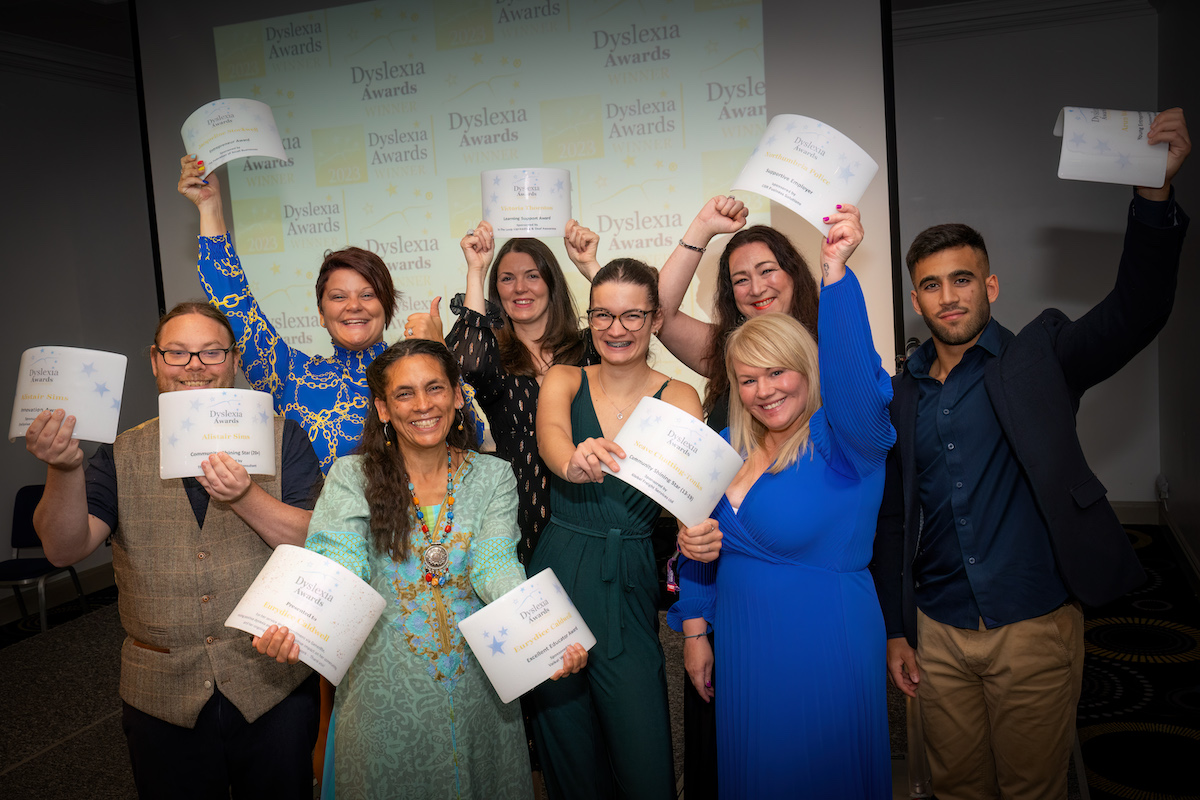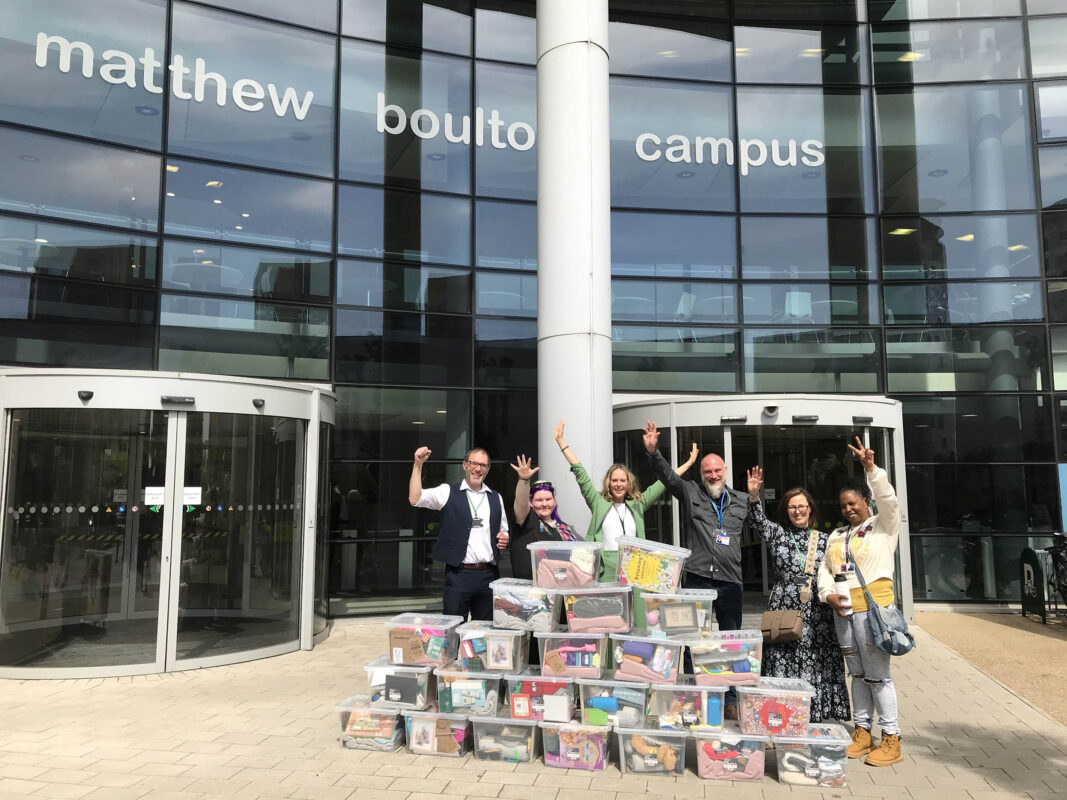Freeing up the creative talents of students with dyslexia

Dyslexia has really taken its toll on many of our students who have joined the College, most of whom have struggled throughout their school years in keeping up with their learning and peers in the classroom.
At Oldham, we have around 250 students that we provide dyslexic support to but these are only the learners who’ve been formally identified with dyslexia. In reality, this probably equates nearer to 500 students.
Many don’t understand the complexities of dyslexia. That it doesn’t just affect reading and spelling, but it also impacts organisation, memory, time-keeping and other aspects of daily life.
However, our staff, peers, teaching assistants and technology support staff endeavour to support the learning of our dyslexic students, so their creative talents can shine, and they aren’t held back by their learning challenges.
Confidence and self-esteem
We’ve found that improving a student’s self-reliance and confidence is paramount to their learning progress. When assistive technology is introduced, we’ve had a very positive response from our students with dyslexia. The main benefit of assistive technology is helping learners to work more independently, something that most haven’t experienced throughout their education.
Many of our students with dyslexia are studying apprenticeships in construction, digital design, hair and beauty, whilst others gravitate to courses with a creative element, like performing arts, music or fashion. The Early Years courses also attract dyslexic students who are driven in helping others have a better experience in learning than they encountered in their earlier years.
All apprenticeships require students to pass their Level 2 in English and Maths, often something students are unaware of prior to joining these courses. We’ve found that the use of assistive technologies has been crucial in supporting these students in passing these assessments.
Assistive technology
Lauryn, who is studying her Advanced Apprenticeship in Hair and Beauty with us, recently passed her Level 2 English exam with the help of our assistive technology department and the provision of the OrCam Learn. The AI-supported hand-held device is transforming her studies and giving her the independence and support she needs to achieve her full apprenticeship.
Assistive technology has been available for students with dyslexia for years, but the OrCam Learn gives our students the ability to keep pace with the typical amount of reading in a learner’s day. It is also the first learning solution that provides reporting and analytics on a student’s progress for their tutors to review.
Some students initially perceive technology to be a barrier. Many are still equating it to the disruptive times of COVID when they were suddenly expected to work on devices in their bedrooms. However, the majority are tech-savvy and find it easy to adopt new ways of working with the assistive technology we provide to them. We’ve found that assistive technology is also having a huge impact on reducing anxieties for our learners, especially during exams.
Many of our dyslexic students come to us with low self-esteem and confidence, but with the help of assistive technology, it can really make all the difference to these learners being on a level-playing field to their peers, for the first time.
You can learn so much from a dyslexic brain. It is exciting to witness first-hand the way students with dyslexia think, often their view on the world is so dynamic and their problem-solving is so creative. With assistive technology, we can unlock the potential for these students to express themselves fully in their learning and not be held back in their life journeys.
By Liz Wilcox, Programme Tutor Dyslexia, Oldham College











Responses